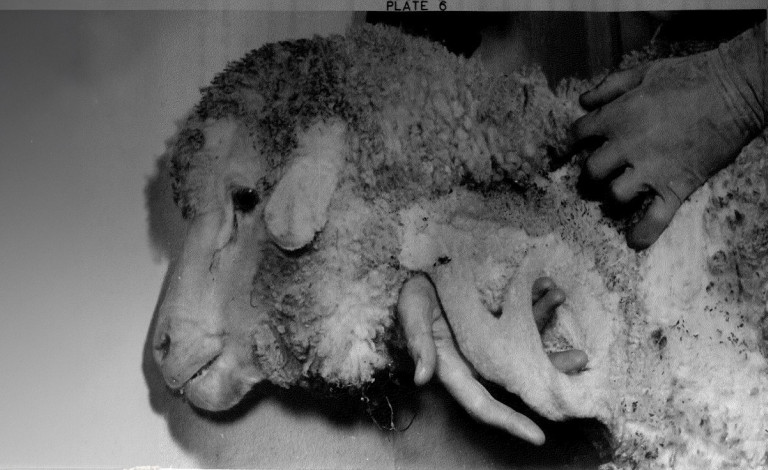PhD student scoops soil science award
26 January 2022 | News
Lincoln University PhD candidate Kirstin Deuss is the 2021 recipient of the NZ Society of Soil Science/Fertiliser Association of NZ Postgraduate Bursary Award.
The award recognises the efforts and present, or likely, contribution to New Zealand soil science arising from a doctorate study. It carries a $5,000 one-year stipend.
Kirstin's postgraduate research has seen her lead a long-term field study on soil and catchment hydrology in Southland. The findings will help understand the role mole and tile drains play in Southland’s unique landscape.
“I’m thrilled to have been selected as the recipient of the NZSSS Fertiliser Association Postgraduate Bursary, it is an honour that I will cherish for the rest of my career,” says Kirstin. “I love working with soils and my career objective is to apply my field, research and management skills towards supporting the sustainable management of New Zealand’s soil resources.
“My PhD has been challenging but also so rewarding, and this award is a real confidence boost as I prepare to start my new career at Manaaki Whenua Landcare Research in February.
I wouldn't be where I am without the support of my many great mentors, friends and colleagues, who have given me so much of their time and energy to help turn ideas into reality and put it all into the written word!
“It's truly been the best experience of my life and I am really looking forward to where it is going to take me.”
Kirstin was nominated for the award by Peter Almond, Associate Professor, Department of Soil and Physical Sciences at Lincoln University. He described her to the judging panel as a “highly adept scientist capable of complex quantitative analysis of soil-hydrological systems”.
“I think she is a deserving recipient. The prestige of the award would further her goal of securing a position working professionally in soil science in New Zealand so that she can contribute to environmental sustainability of our primary industries.”
Fertiliser Association chief executive Vera Power described Kirstin’s research as “hugely important”.
“The more we can understand what’s happening in our soils and catchments, the better placed our primary sector will be to improve farm management, all while protecting the environment.”
PHOTO: Kirstin tests a Ground Penetrating Radar unit, which is used to map the mole and tile drain network at a sheep farm.


